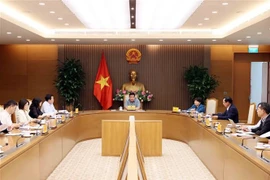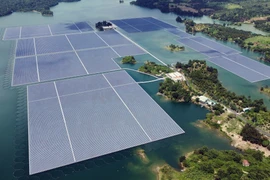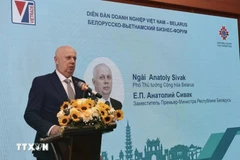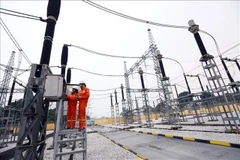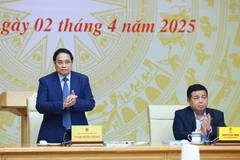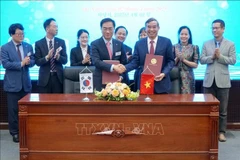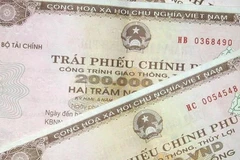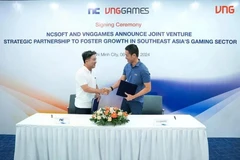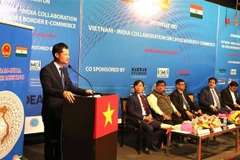Hanoi (VNA) – Party General Secretary To Lam’s directive not only outlines a strategic vision for the private sector's role in Vietnam's economy but also sets forth critical steps to unlock breakthroughs in the sector, Secretary of the Party Central Committee and head of Head of its Commission for Policies and Strategies Tran Luu Quang told Vietnam News Agency in a recent interview.
Quang reiterated that Lam’s directive positions the private economic sector as a vital engine of growth, deserving empowerment to engage in strategic sectors. In fact, the evolving theoretical perspective on the private sector's role has become integral to national renewal and development, systematically affirmed through National Party Congresses. Since the 11th Congress, the private economy has been recognised as a key driver across all lawful sectors.
Yet, Quang noted, concretising and translating Party’s policies and guidelines into action has faced hurdles. Despite its designated role, the private sector still encounters barriers, lacking equitable access to resources like credit, land, assets, and opportunities to join major projects and strategic industries as well.
The Party chief's directive, Quang explained, demands a transformative shift in mindset and consensus, backed by decisive measures. It calls for tailored mechanisms and policies to deliver tangible, effective progress in private sector development.
“Facilitating the private economy requires concerted and substantive actions”, he said. Central to this is a legal framework ensuring fairness and equality in resource access and investment opportunities, including reforms to bidding processes and entry conditions for key projects.

Quang outlined specific policy proposals: establishing long- and medium-term funding channels for large-scale, high-tech initiatives; creating a transparent corporate bond market; revitalising public-private partnerships; and introducing matching fund schemes for strategic ventures. These steps aim to broaden private sector involvement in high-tech fields, research and development, and critical infrastructure like data centres, energy storage, and smart ports.
Under the Party chief’s guidance, recent strides have seen private enterprises and conglomerates join flagship national projects in transport infrastructure, energy, and digital transformation, he said, urging collaboration among private firms and their joint work with state-owned and foreign-invested entities, facilitated by government mechanisms promoting technology transfer, value chains and industry clusters.
To seize these opportunities, Quang urged domestic private firms to innovate and modernise. “They must overcome challenges, enhance corporate governance, and invest in workforce training”, he said. Upgrading technology, adopting digital solutions in production and trade, and building sustainable brands and corporate cultures are equally vital for competitiveness in a fast-evolving global market.
With the Politburo set to issue a dedicated resolution on the private economy, the official called for a reformed approach to action plans. “We need clear roles, responsibilities, and outcomes, paired with robust monitoring, supervision and incentives,” he said. This resolution, he added, will solidify the Party’s commitment to empowering the private sector as a linchpin of Vietnam’s economic future./.


